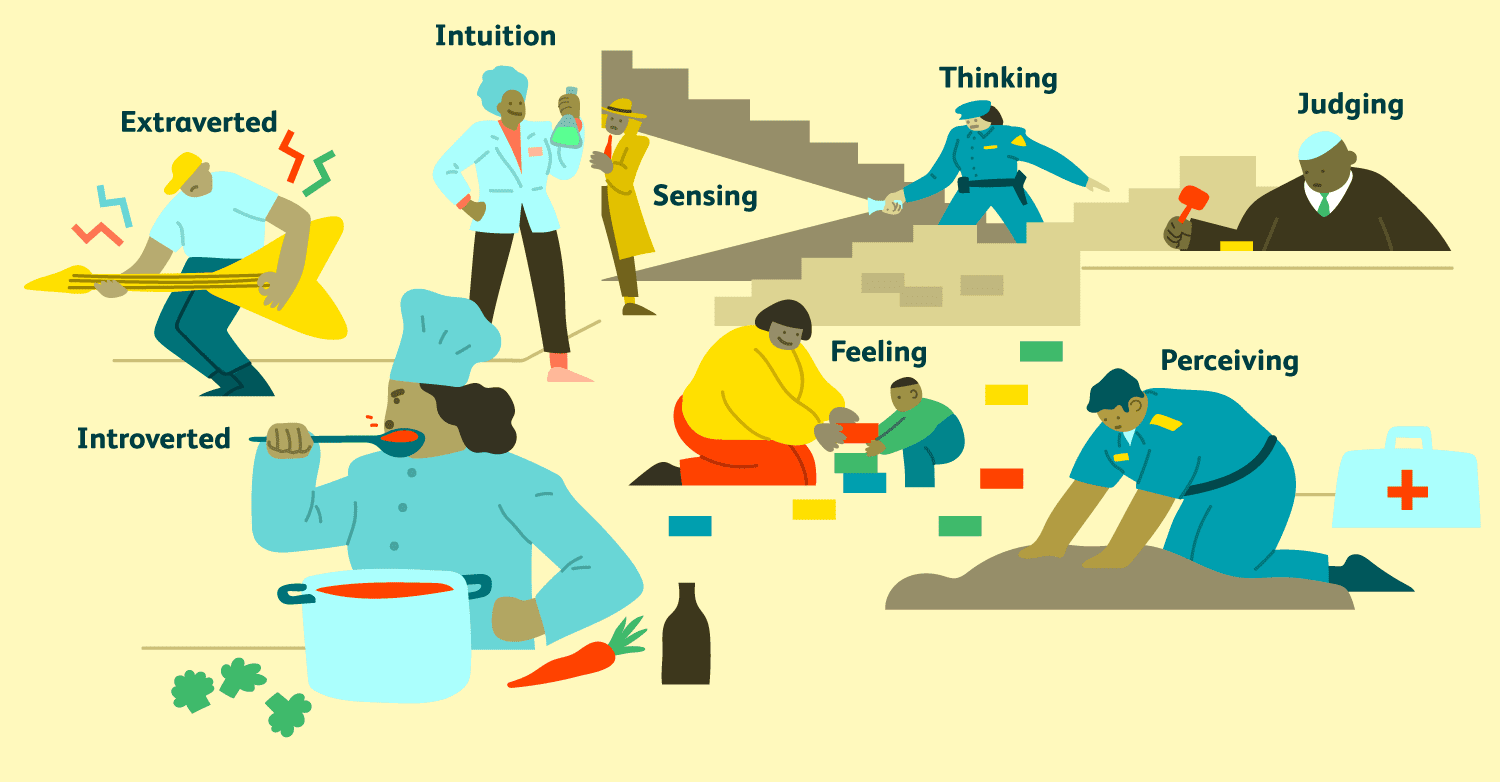
FAQ About Myers-Briggs Personality Type Test

How accurate is the Myers-Briggs test?
The accuracy of the Myers-Briggs Type Indicator (MBTI) test has been a subject of debate among experts. While the test is widely popular and has been used for several decades, it's important to understand its limitations.
Critics argue that the MBTI lacks strong scientific evidence to support its validity. Some concerns include:
- Reliability: The test-retest reliability, which measures the consistency of results when the test is taken multiple times, has been questioned. People have been known to receive different results when taking the test on separate occasions.
- Dichotomous Categories: The MBTI assigns individuals into distinct categories (e.g., introvert or extrovert), but personality traits are more accurately represented as a spectrum. Categorizing people into fixed types may oversimplify their complex personalities.
- Limited Construct Validity: The theoretical basis of the MBTI, rooted in Carl Jung's psychological theories, has been criticized for lacking empirical evidence. Additionally, the test's dichotomous nature may not capture the full complexity of personality traits.
- Poor Predictive Power: Some studies suggest that the MBTI has limited predictive power in real-world outcomes such as job performance or academic success.
Despite these criticisms, proponents of the MBTI argue that it can still provide useful insights for self-reflection, personal growth, and understanding others. Many individuals find value in the MBTI as a tool for self-discovery and promoting empathy and understanding in interpersonal relationships.
